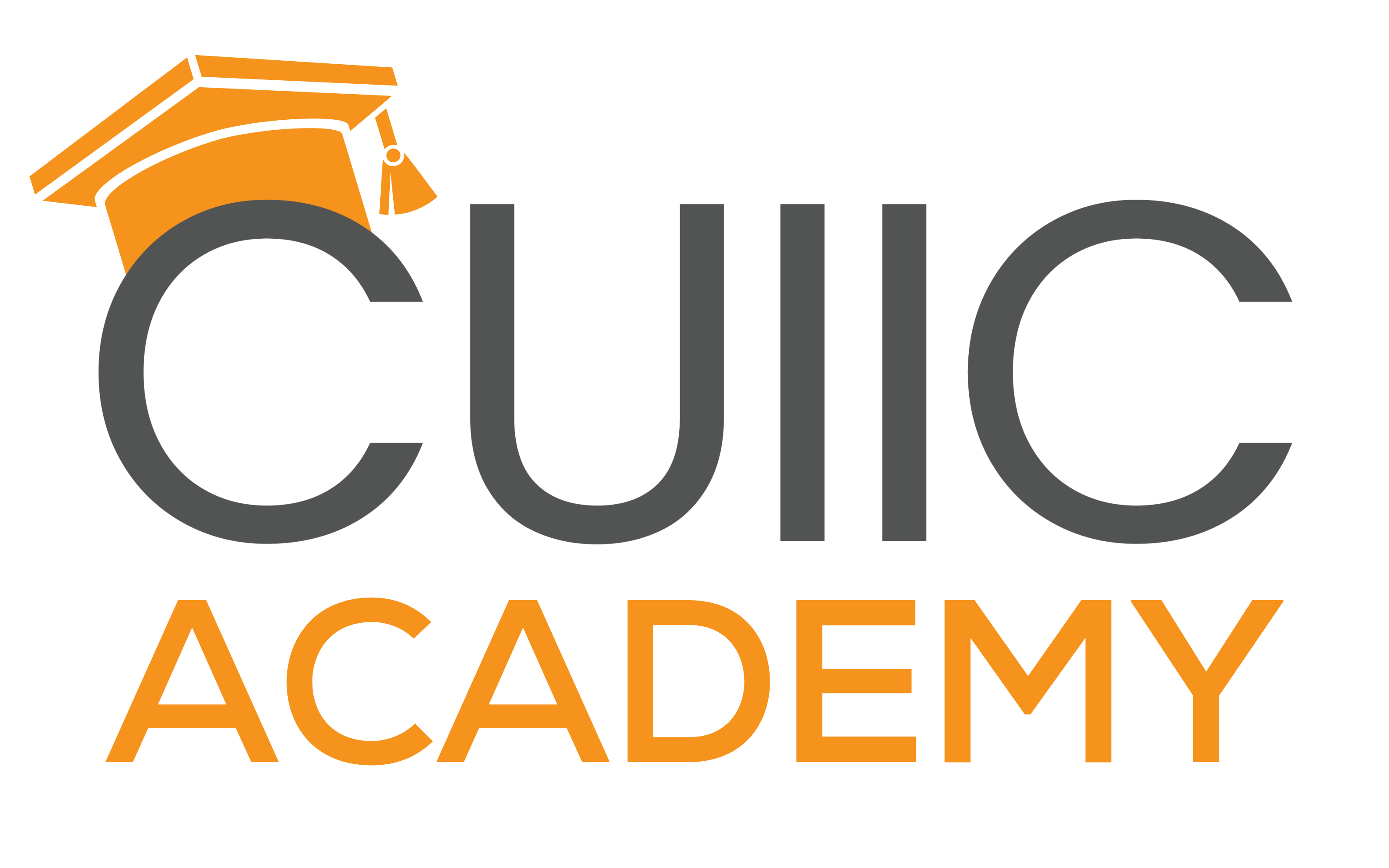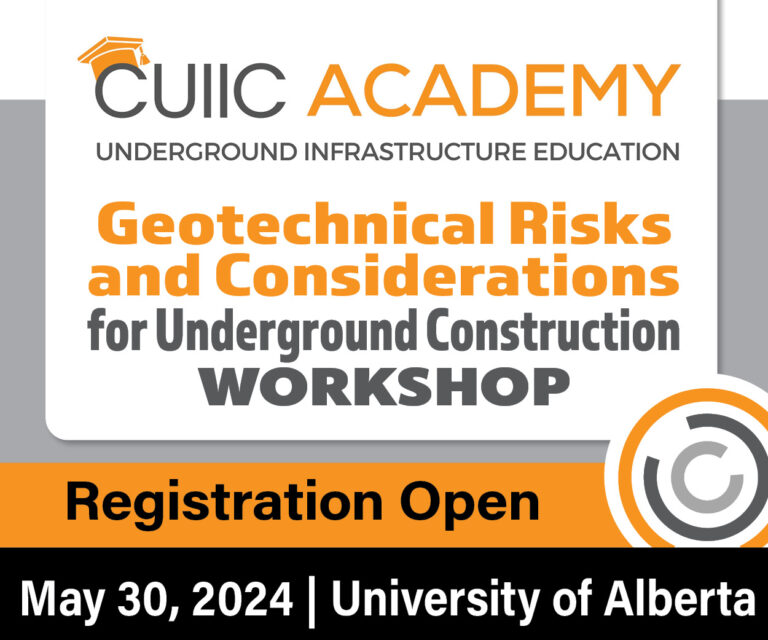
Geotechnical Risks and Considerations
for Underground Construction Workshop
University of Alberta | Lister Centre Maple Leaf Room
This full-day workshop takes place May 30, 2024 at the University of Alberta and is designed to equip attendees with knowledge related to the risks associated with underground construction and issues to be considered by geotechnical engineers, contractors, owners and designers.
Attendees will get a chance to earn CEUs from the Engineering Institute of Canada while learning about the most up-to-date advancements of geotechnical investigation methods, addressing geotechnical uncertainty and risk in underground construction, and selecting the most viable trenchless/tunnelling technology. Attendees will also get the opportunity to walk through case studies implementing these principles and network with industry professionals.
Register Today!
Registration Includes:
Full Day Workshop
Breakfast, Lunch and Coffee Breaks
CEUs from the Engineering Institute of Canada (by request)
Workshop Agenda
May 30, 2024
Registration and Breakfast
7:00 AM – 8:00 AM
Introduction
Ali Bayat, Professor, University of Alberta
8:00 AM – 8:15 AM
Introduction to Risk and Uncertainty in Geotechnical Engineering
Renato Macciotta, Associate Professor, University of Alberta
8:15 AM – 9:00 AM
This lecture will discuss the sources of geotechnical uncertainty as applied to the design, implementation and operation of underground excavations. A discussion on how geotechnical uncertainty propagates to design objectives follow, with example applied to tunnelling.
Risks in Urban Tunnelling and Geotechnical Baseline Reports
Heinrich Heinz, Geotechnical Tunnelling and Trenchless Consultant, Thurber Engineering
9:00 AM – 9:45 AM
The presentation will outline some of the risks involved with tunnelling in urban areas and will describe the role of Geotechnical Baseline Reports (GBR) in risk sharing among the various parties involved.
Networking Break
9:45 AM – 10:00 AM
Extent of Geotechnical Investigations to Minimize Risks
Peter Barlow, BGC Engineering
10:00 AM – 10:45 AM
This presentation outlines an approach to planning and conducting a geotechnical program to effectively reduce risks on trenchless projects. The elements that should be included in an upfront desktop study are discussed and how that creates a framework for planning geotechnical field programs that are “right sized” and tailored to the key uncertainties.
Using Data from New Installation Methods to Reduce Risks
Dr. Ali Bayat, Professor, University of Alberta
10:45 AM – 11:15 AM
Underground construction inherently carries greater risks compared to other construction methods, a challenge that continues despite the increasing demand for robust underground infrastructure. In this presentation, we will explore research findings that shed light on the risks associated with underground construction. More importantly, we will discuss how to effectively use data gathered from new installation methods to enhance our understanding of these risks.
Advanced Borehole In-Situ Testing for Geotechnical Engineering
Ryan Borowiecki, Ph.D., P.Geo, ConeTec Investigations Ltd.
11:15 AM – 12:00 PM
Geotechnical site characterization is an essential phase in every underground infrastructure project, providing crucial subsurface information necessary for safe, economical, and feasible design. While common methods such as the Cone Penetration Test (CPT) and laboratory testing are often sufficient, certain scenarios demand more advanced characterization techniques. In this context, advanced methods like high-resolution direct strain Pressuremeter Testing (PMT), Nuclear Magnetic Resonance (NMR), and P-S logging provide deeper insight into soil and rock behavior, allowing engineers and geologists to make informed decisions regarding design and construction. Advancement achieved by combining in-situ testing and borehole geophysical techniques may allow for parameters connected to the critical state line to be determined with more confidence. PMT testing can delineate the in-situ lateral stress while NMR is useful in determining void ratio. A combination of PMT testing and P-S logging can allow for the full stiffness degradation curve to be modeled and provide improved wall and excavation design.
Networking Lunch
12:00 PM – 1:00 PM
Using Geotechnical Information to Determine the Risks During the Design and Construction Phase of a Deep Shaft Excavation and Mitigating or Eliminating Them by Selecting Appropriate Construction Methods
Shaikh Islam, Engineer-Structural & Geotechnical, EPCOR Water Services
1:00 PM – 1:30 PM
Reporting accurate geotechnical information including the key design parameters plays a pivotal role in defining the project scope and design guidelines to carry out a successful design of an access shaft to the existing deep underground sewer trunk line. The information is also used to determine the risks that may be encountered during the construction phase. Mitigating or eliminating these risks is a major challenge for EPCOR’s Engineering and Technical (E&T) Services Team. The team must select appropriate construction methods that may include but is not limited to the drilling methods or equipment, to address potential issues. Discovering new risks during the drilling phase often brings changes to the original scope as well as challenges to complete the project within the stipulated duration and budget. This presentation aims to showcase a few projects where EPCOR’s E & T Team faced such challenges and resolved them.
Summary of Available Trenchless and Tunnelling Technologies and Associated Risks
Ron Jensen, Project Manager, Michels Canada
1:30 PM – 2:15 PM
Horizontal Directional Drilling (HDD) is an essential technique in modern underground infrastructure development, providing a trenchless solution for installing pipelines, conduits, and cables. Despite its advantages, HDD involves significant geotechnical risks that must be managed to ensure the success of the project. This presentation explores the primary geotechnical risks associated with HDD, including soil collapse, inadvertent returns (frac-out), and fluid loss. Emphasizing the importance of thorough geotechnical investigations and detailed preliminary data collection, the presentation highlights strategies for mitigating these risks. It discusses the use of advanced drilling techniques, real-time monitoring, and proper fluid management to enhance borehole stability and project efficiency. Additionally, the presentation will cover key considerations contractors need to be aware of when planning HDD projects. By understanding and addressing these geotechnical considerations, owners, engineers, and HDD contractors can make informed decisions that improve the reliability and safety of HDD projects.
The presentation aims to provide an overview of risks and solutions, contributing to the advancement of best practices in the field of horizontal directional drilling.
Geotechnical Risk and Considerations for Direct Pipe Installations
Lawrence Onwude, Senior Associate – Geotechnical Engineer, Stantec and Dr. Erez Allouche, Trenchless Design Engineer, Stantec
2:15 PM – 2:45 PM
Direct Pipe, a hybrid trenchless construction method that incorporates some of the advantages of horizontal directional drilling and micro tunneling, offers an effective solution to crossings that feature highly restricted staging areas, complex geological conditions and/or multiple regulatory/permitting/ environmental constraints. Selection of this method of installation requires an understanding and characterization of the terrain and geological conditions for design and construction. This presentation will focus on geotechnical design considerations and risks associated with the planning, design, and execution of Direct Pipe crossings. Two case studies are discussed, highlighting the importance in adequate consideration of anticipated geotechnical conditions in securing the successful execution of these crossings.
Networking Break
2:45 PM – 3:00 PM
Geotechnical Considerations for Microtunnelling
Jon Valin, Regional Sales Manager, Akkerman
3:00 PM – 3:30 PM
The Microtunneling method requires many considerations and extensive planning to ensure successful and safe execution. Geotechnical investigations play a crucial role in determining the soil and groundwater conditions along the tunnel alignment. Many soil properties are assessed to design the tunneling process effectively. Additionally, the presence of utilities, geological features, and environmental factors must be considered during planning to mitigate potential risks. Proper planning of the microtunneling process involves the selection of appropriate equipment and construction techniques based on the site-specific conditions. Factors such as tunnel length, diameter, and alignment are carefully evaluated to determine the most suitable approach. In conclusion, successful microtunneling projects require comprehensive geotechnical investigations, proper equipment selection, meticulous planning, and continuous monitoring to mitigate risks and ensure project success.
Ground Improvement Techniques for Tunnelling Projects
Dan MacLean, Senior Engineer, Keller
3:30 PM – 4:15 PM
The presentation will look at various ground improvement techniques that can be utilized at various stages of the tunnel life span, from construction to rehabilitation. Some of the techniques that will be explored include various earth retention systems, grouting systems, and ground freezing. Case histories will be utilized to show the effectiveness of each of these techniques.
Conclusion
Dr. Ali Bayat, Professor, University of Alberta
4:15 PM – 4:30 PM
Our Sponsors
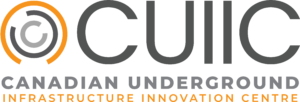
Become a Member and Save
The Canadian Underground Infrastructure Innovation Centre (CUIIC) is a research and education centre located at the University of Alberta. Membership in CUIIC is open to manufacturers, suppliers, contractors, consultants, utilities, municipalities, and non-profit agencies with an interest in underground infrastructure.
Our Sponsors

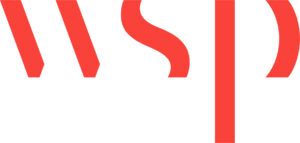
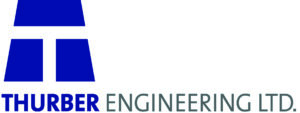


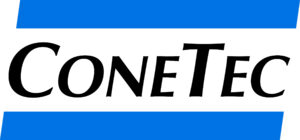
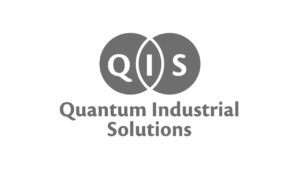
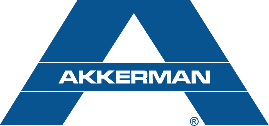
Sponsor the Geotechnical Workshop
Please contact Meghan Squires at msquires@benjaminmedia.com to learn more about sponsoring the event.
